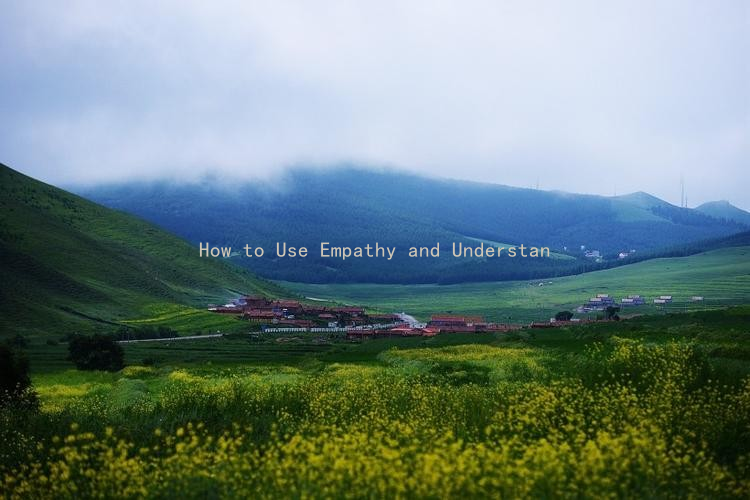Building Connection: The Impact of Emotional Self-Disclosure in Relationships
Building Connection: The Impact of Emotional Self-Disclosure in Relationships
In the realm of romantic relationships, the foundation of a strong bond often lies in the ability to communicate openly and authentically. One of the most effective tools for fostering intimacy and connection between partners is emotional self-disclosure. This refers to sharing one’s innermost thoughts, feelings, experiences, and fears with a partner. Understanding the nuances of emotional self-disclosure can significantly enhance communication skills in dating and long-term relationships.
Emotional self-disclosure serves several vital purposes in building connections. First and foremost, it promotes vulnerability. When individuals share their true selves with one another, they invite their partners to do the same. This reciprocity of sharing helps cultivate a safe space where both individuals can express their emotions without fear of judgment. Vulnerability is often perceived as a strength, and it is within this openness that couples can experience deeper levels of understanding and support.
Moreover, self-disclosure helps partners gain insight into each other’s inner worlds. By sharing personal experiences, emotional triggers, and areas of sensitivity, partners can better navigate the complexities of their relationship. For instance, if one person reveals a past trauma that affects their current behavior, the other partner can respond with empathy and understanding, leading to more thoughtful and compassionate interactions.
Another significant benefit of emotional self-disclosure is the creation of trust. Sharing intimate thoughts fosters a sense of reliability and commitment. When partners feel confident that they can communicate their feelings without fear of receiving a negative reaction, it solidifies their trust in one another. Conversely, withholding emotions can lead to misunderstandings and feelings of isolation, as one partner may feel they are not fully known or understood by the other.

However, it is crucial to approach emotional self-disclosure strategically. Timing and context play a crucial role in determining the effectiveness of sharing sensitive emotions. It is essential to gauge your partner’s emotional state and receptiveness before delving into deeper issues. Start with lighter topics to build comfort and gradually progress to more profound subjects. This gradual approach can prepare both partners for the emotional weight of deeper discussions.
Additionally, non-verbal cues are equally important during self-disclosure. Active listening, eye contact, and open body language can enhance the quality of conversations. When partners actively engage with one another’s feelings, it reinforces the importance of their shared dialogue. Conversely, distractions or dismissive behaviors can create a barrier to effective communication.
While emotional self-disclosure can significantly strengthen relationships, it is important to remain mindful of the potential for oversharing. Sharing too much too soon can overwhelm a partner and may create a sense of pressure to reciprocate. It’s advisable to be self-aware and consider the readiness of your partner to engage in deep emotional discussions.
In conclusion, emotional self-disclosure is a powerful relationship-building tool that can lead to increased intimacy, trust, and understanding. By fostering an environment of openness and vulnerability, partners can enhance their connection and navigate the complexities of love more effectively. Practicing effective self-disclosure can transform the scope of a relationship, turning two individuals into a cohesive, supportive, and deeply connected couple. With patience and practice, couples can navigate the delicate dance of emotional sharing, ultimately leading to a richer and more fulfilling relationship experience.





